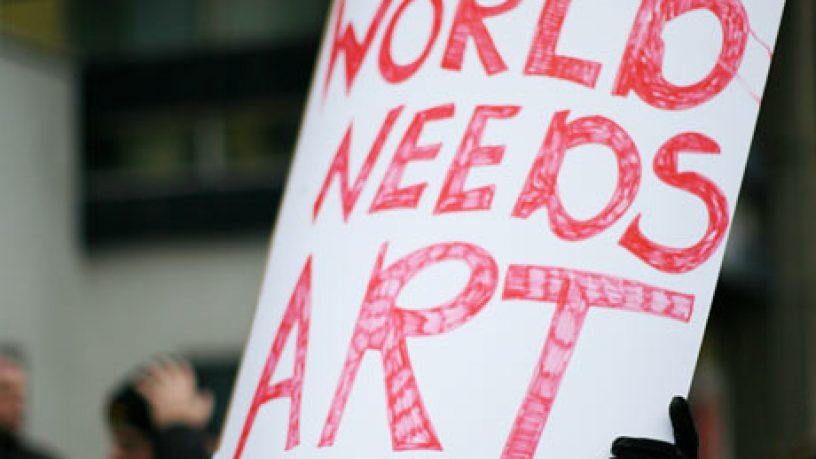How other nations are supporting & funding the arts through COVID-19

We’re into June, and the Federal Government has not made a decision on the multi-billion-dollar survival and investment package the music and arts sector so desperately needs.
There is speculation that music festivals, films and theatre are about to get a cash injection but Federal Arts Minister Paul Fletcher is keeping plans close to his chest.
“We’re working through these issues in an efficient fashion and when we have more to say we’ll say it,” he said earlier this week.
Just yesterday, Live Performance Australia released its $345 million funding proposal and plan to help the live performance industry reboot following COVID-19 shutdowns.
Maybe the minister can learn from how other governments responded to the crisis.
Germany leads the way, with an astonishing €50 billion (AU$81.3b) package provided to small businesses and freelancers in cultural, creative and media sectors.
Culture Minister Monika Grütters acknowledged these are filled with “a high proportion of self-employed people who now have problems with their livelihoods.”
The three-part package includes grants to help with overhead costs like venue rentals, bridge financial bottlenecks, social security for six months and regulations to stop creatives from being evicted from their homes, and deferral of loan repayments.
Creatives can also approach the tax bureau for a reduction in their payments or an advance on their refunds, to help with cash flow.
New Zealand launched a NZ$175 million ($162.8m) support package on May 29, of which $16.5 million was for contemporary recorded and live music.
$5 million is to get bands back on the road, and $3 million is for earmarked for live music venues to get safe environments after the pandemic.
A further $7.1 million is for broadcast funding body NZ On Air to expand programs that play new music, and $1.4 million ways to recoup lost income.
According to the Government, this will sustain 2,000 contemporary music jobs over two years, produce 455 new song releases and 150 live music tours throughout New Zealand.
The larger package for the creative sector had funds for recovery and employment over three years, encouraging cross-discipline collaboration and digital exports, and a four-year plan to get creatives back to full-time employment.
Singapore’s S$55 million ($56.9b) Arts and Culture Resilience Package includes a 25% wage support for music and arts association staffers, up to a 90% subsidy to encourage upskilling, rental waivers for associations in government-owned buildings
Like Australia, Germany and New Zealand, the packaged also included deferred tax payments.
Canada’s music associations got instant credit availability, extended help with temporary layoffs, subsidised advice from accounting and tax experts, rents reduced by 75%, support for women entrepreneurs, and $253.3 million ($272.1m) of dedicated funding.
In France, where festivals and music events drawing over 5,000 are banned until the end of August, musicians and technicians have unemployment insurance benefits until August.
They are also offered subsidised work at schools, while the National Centre for Music, founded earlier this year, got a supplementary €50 million ($81.3m) injection.

































